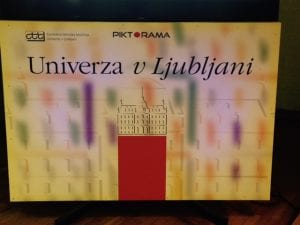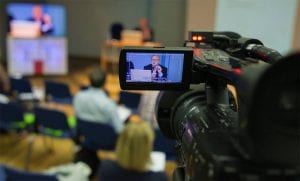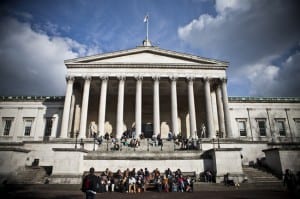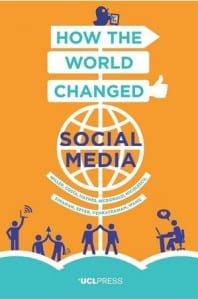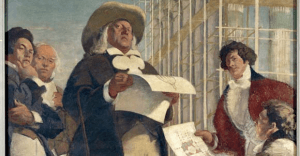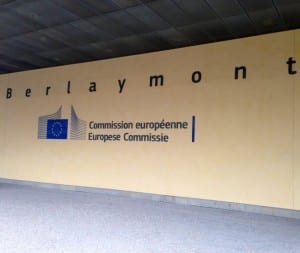The Director’s View: European Open Science Cloud
By Paul Ayris, on 12 October 2016
Sharing in an Open environment
One of my duties in UCL Library Services is to represent this university in LERU, the League of European Research Universities. In that capacity, I am a member of the European Commission’s High Level Expert Group on an exciting new initiative – the European Open Science Cloud (EOSC).
11 October saw the publication of our first Report, which can be found here. The Recommendations provide a solid starting point for further reflection and engagement of scientific user communities, research funders and Member States in the making of this global initiative. This is important for UCL Library Services because research data management and support for open access to publications are a big new agenda in how we can support our users.
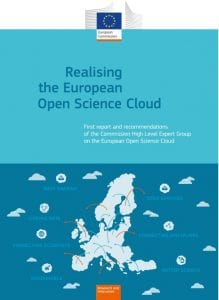 EOSC aims to accelerate and support the current transition to more effective Open Science and Open Innovation in the Digital Single Market. It should enable trusted access to services, systems and the re-use of shared scientific data across disciplinary, social and geographical borders. The term cloud is understood by the EOSC High Level Expert Group as a metaphor to help convey both seamlessness and the idea of a commons based on existing and emerging elements in the Member States, with light-weight international guidance and governance and a large degree of freedom regarding practical implementation. The EOSC is indeed a European infrastructure, but it should be globally interoperable and accessible. It includes the required human expertise, resources, standards, and best practices as well as underpinning technical infrastructures. An important aspect of the EOSC is systematic and professional data management and long-term stewardship of scientific data assets and services in Europe and globally. However, data stewardship is not a goal in itself and the final realm of the EOSC is the frontier of science and innovation in Europe [Realising the European Open Science Cloud. First Report of the Commission’s High Level Expert Group on the European Open Science Cloud, p. 6].
EOSC aims to accelerate and support the current transition to more effective Open Science and Open Innovation in the Digital Single Market. It should enable trusted access to services, systems and the re-use of shared scientific data across disciplinary, social and geographical borders. The term cloud is understood by the EOSC High Level Expert Group as a metaphor to help convey both seamlessness and the idea of a commons based on existing and emerging elements in the Member States, with light-weight international guidance and governance and a large degree of freedom regarding practical implementation. The EOSC is indeed a European infrastructure, but it should be globally interoperable and accessible. It includes the required human expertise, resources, standards, and best practices as well as underpinning technical infrastructures. An important aspect of the EOSC is systematic and professional data management and long-term stewardship of scientific data assets and services in Europe and globally. However, data stewardship is not a goal in itself and the final realm of the EOSC is the frontier of science and innovation in Europe [Realising the European Open Science Cloud. First Report of the Commission’s High Level Expert Group on the European Open Science Cloud, p. 6].
Now the Report is published, the Expert Group is following up with how we make this Cloud a reality. Exciting and challenging times.
Paul Ayris
Director of UCL Library Services
 Close
Close



